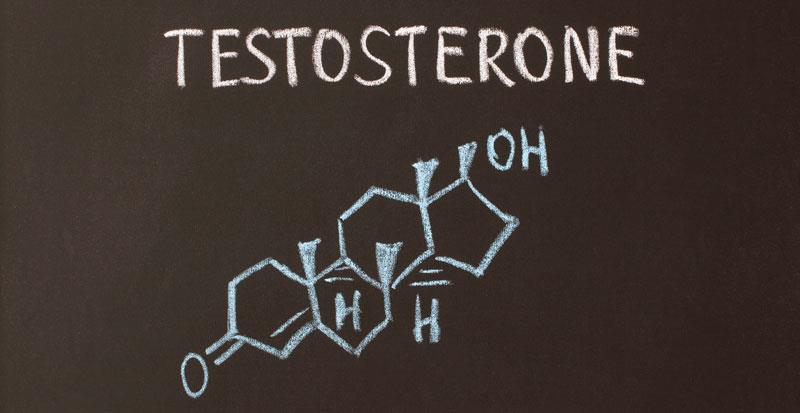
Testosterone replacement therapy (TTh) does not appear to have a significant effect on endothelial function in hypogonadal men, reports a recent meta-analysis.
A total of five papers corresponding to six studies were retrieved from Medline. Two of these were crossover randomized clinical trials (RCT), three were observational in design, and one was a placebo-controlled RCT. The resulting pooled sample included 86 patients (mean age, 49.57±8.85 years) with hypogonadism.
At baseline, total serum testosterone concentration was 8.11±2.42 nmol/L, which saw a significant increase of 2.93 nmol/L (p<0.001) following testosterone treatment.
Flow-mediated dilation, however, was not affected (standardized mean difference [SMD], –0.22, 95 percent confidence interval [CI], –1.29 to 0.84). This remained true when considering both acute (SMD, 0.71, 95 percent CI, –0.23 to 1.64) and chronic (SMD, –0.70, 95 percent CI, –2.22 to 0.81) administrations.
Notably, researchers documented high heterogeneity among the studies included, suggesting either a diverse set of samples or methods of TTh administration. Meta-regression was not feasible.
Other markers of endothelial function were also reported, including intima-media thickness, high-sensitivity C-reactive protein, adiponectin, tumour necrosis factor-α, interleukin-6, and leptin, though none were assessed for in more than two studies. A meta-analysis was thus impossible for these markers.
“Despite their generally good quality, the small of number of papers available and patients included in the meta-analysis represent the main limitations of our study,” the researchers said, adding that “more studies are much needed in order to improve the significance of our findings.”